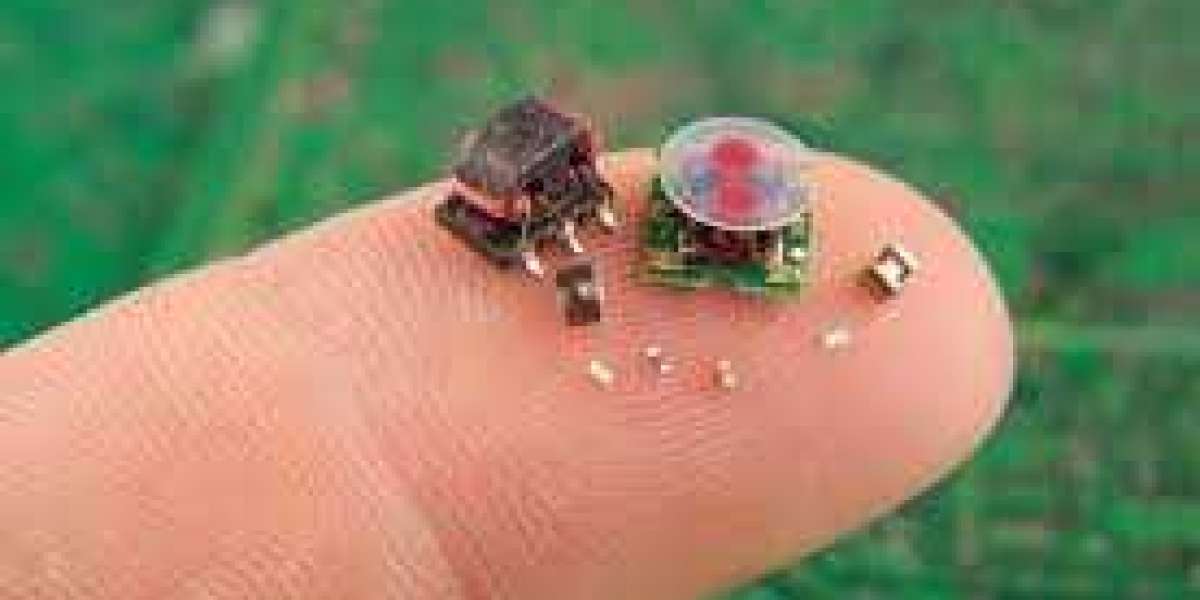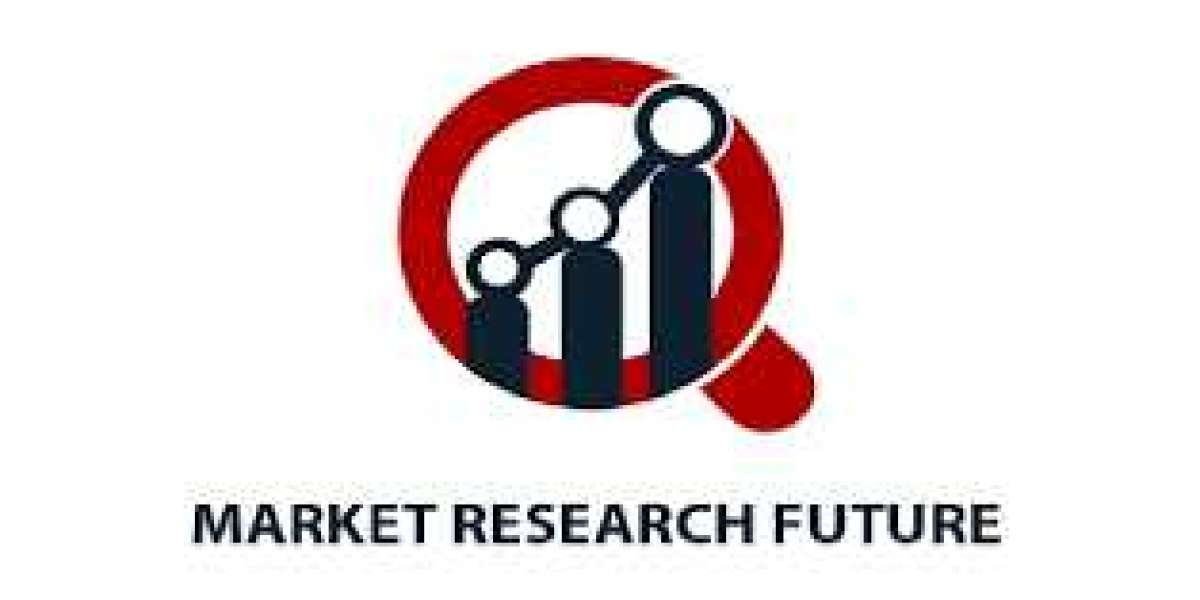Introduction:
The global NANO Sensors Market Size is expected to grow USD 1.77 Billion by 2030, at (CAGR) of 9.18% during the forecast period (2023 - 2030).
In the realm of modern technology, the concept of 'smaller is better' has become more than just a mantra—it's a driving force behind innovation. Nanotechnology, the science of manipulating matter at the atomic or molecular scale, has opened up a world of possibilities across various industries. One of the most intriguing applications of nanotechnology is in the development of nanosensors, miniature devices capable of detecting and measuring phenomena at the nanoscale. As the demand for highly sensitive, fast, and portable sensing solutions grows, the nanosensors market is poised for significant growth and innovation.
Understanding Nanosensors:
Nanosensors are tiny sensors that utilize nanomaterials or nanostructures to detect and respond to physical, chemical, or biological signals. These sensors can be engineered to detect a wide range of parameters, including temperature, pressure, humidity, chemical composition, biomolecules, and even single molecules. Their miniature size, high sensitivity, and rapid response make them invaluable tools for various applications, from healthcare and environmental monitoring to industrial process control and homeland security.
Market Dynamics:
Several factors are driving the growth of the nanosensors market:
- Technological Advancements: Ongoing advancements in nanomaterials, fabrication techniques, and sensor design are enhancing the performance and functionality of nanosensors. Researchers are continually exploring new materials and sensing principles to improve sensitivity, selectivity, and durability.
- Growing Demand for IoT and Wearable Devices: The proliferation of Internet of Things (IoT) devices and wearable technology is fueling the demand for compact, energy-efficient sensors. Nanosensors play a crucial role in enabling the miniaturization and integration of sensors into IoT devices, wearables, and smart textiles.
- Healthcare Applications: Nanosensors hold great promise for revolutionizing healthcare by enabling real-time monitoring, early disease detection, and personalized medicine. They can be used for detecting biomarkers in bodily fluids, monitoring vital signs, and tracking drug delivery, among other applications.
- Environmental Monitoring: With increasing concerns about pollution, climate change, and resource depletion, there's a growing need for sensitive and selective sensors for environmental monitoring. Nanosensors offer the potential to detect pollutants, monitor air and water quality, and assess environmental risks with high precision and efficiency.
- Industrial and Defense Applications: In industries such as manufacturing, aerospace, and defense, nanosensors are used for process monitoring, quality control, and detecting hazardous substances. They play a critical role in ensuring product quality, enhancing safety, and optimizing performance in various industrial and defense applications.
Get a free sample @ https://www.marketresearchfuture.com/sample_request/1117
Key Companies in the NANO Sensors market include:
- OMRON Corporation
- Analog devises Inc
- Lockheed Martin Corporation
- Texas Instruments Inc
- Honeywell International Inc
- Agilent Technologies Inc
- Medtronic
- Universal Biosensors Inc
- Hoffman-La Roche Ltd
- Bruker Corporation
Challenges and Opportunities:
Despite their immense potential, nanosensors face several challenges that need to be addressed for wider adoption:
- Scalability and Cost: Scaling up the production of nanosensors while maintaining quality and cost-effectiveness remains a challenge. Developing scalable manufacturing processes and cost-effective fabrication techniques is essential for mass deployment of nanosensors.
- Standardization and Regulation: Establishing standards for nanosensor performance, reliability, and safety is crucial for ensuring consistency and interoperability across different applications. Regulatory frameworks must also keep pace with the rapid development of nanotechnology to address safety and ethical concerns.
- Integration and Compatibility: Integrating nanosensors into existing systems and platforms, such as IoT networks and medical devices, requires addressing compatibility issues and ensuring seamless interoperability. This requires collaboration among stakeholders from different sectors and disciplines.
- Ethical and Societal Implications: The widespread deployment of nanosensors raises ethical and societal concerns related to privacy, data security, and potential environmental impacts. Addressing these concerns requires careful consideration of ethical principles, regulatory oversight, and public engagement.
Despite these challenges, the nanosensors market presents vast opportunities for innovation and growth. By addressing key technical, regulatory, and ethical issues, stakeholders can unlock the full potential of nanosensors and harness their transformative capabilities across various industries.
Future Outlook:
The future of the nanosensors market looks promising, driven by ongoing research and development efforts, increasing demand for miniaturized sensing solutions, and growing applications across diverse sectors. As nanotechnology continues to evolve, nanosensors are poised to play a central role in shaping the future of sensing technology, enabling novel applications and driving innovation in fields ranging from healthcare and environmental monitoring to consumer electronics and beyond.
Read more articles –
Fully Automatic Molding Machine Market
Magneto resistive RAM (MRAM) Market








